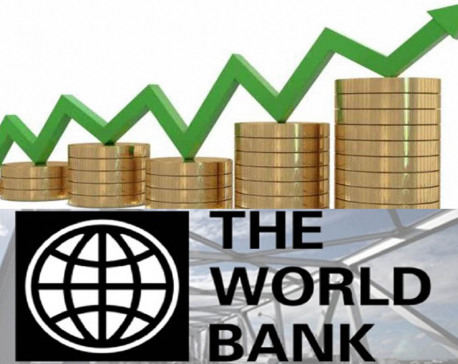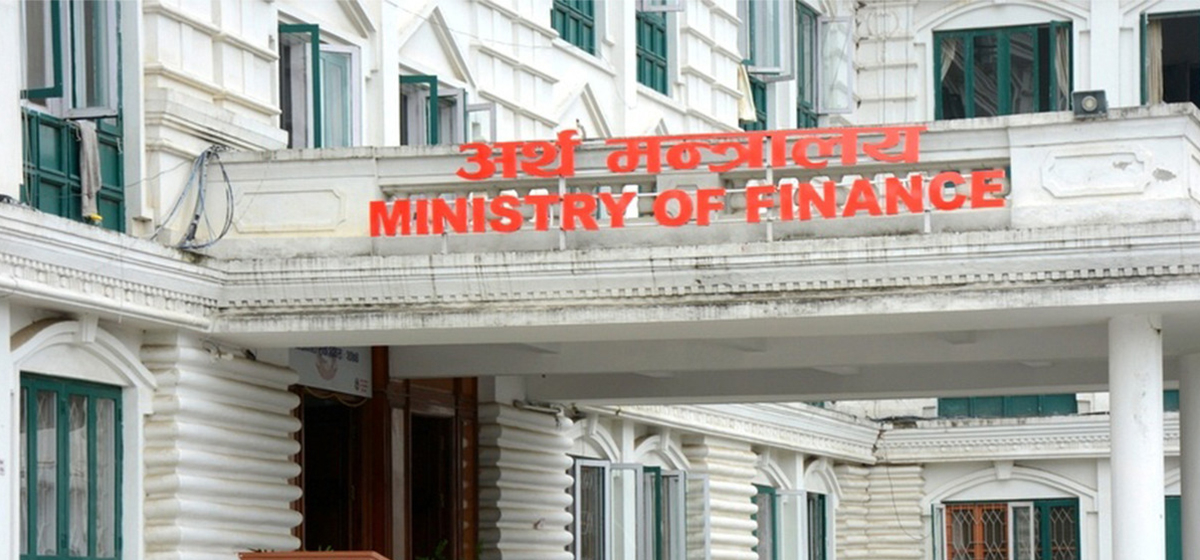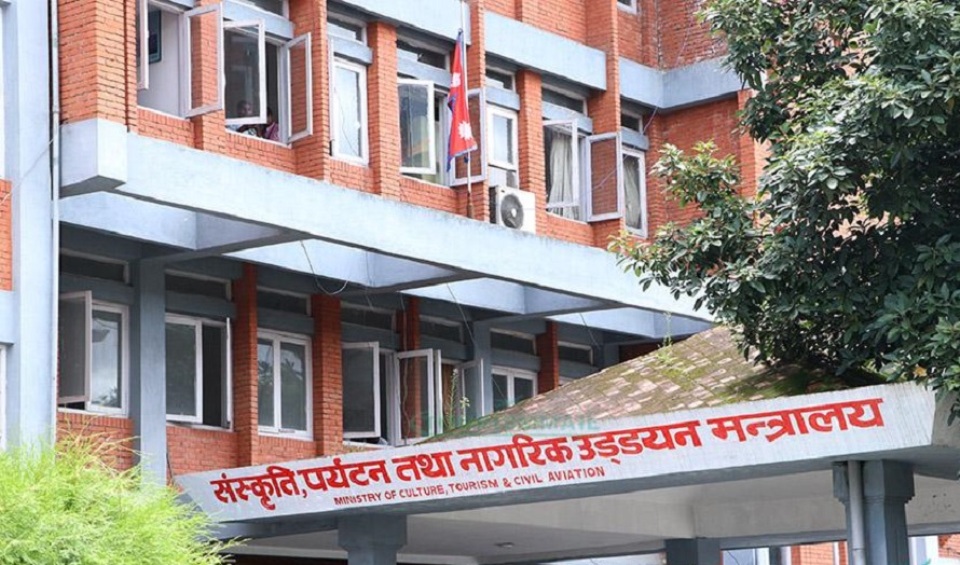
OR
Industrial Enterprises Bill
Business leaders demand superseding provision to ensure incentives
Published On: January 10, 2019 08:18 AM NPT By: Republica | @RepublicaNepal
KATHMANDU, Jan 10: Business leaders have urged the government to ensure that the facilities and incentives provided in the upcoming industrial enterprises act do not get curtailed by the annual Financial Act.
They have sought the assurance in the draft Industrial Enterprises Bill that the incentives offered in the Industrial Enterprises Act 2016 is not rolled back or reduced by the Financial Act that comes annually to revise taxes, fees and other revenue rates for the implementation of government budget.
Speaking at a roundtable discussion on ‘Industrial Enterprises Bill (Draft)’ jointly organized by Society of Economic Journalists-Nepal (SEJON), Economic Policy Incubator, and UKaid on Wednesday, they called for putting provision in the bill that would restrict all subsequent laws and policies from lowering the incentives and facilities the new act would offer.
Though the existing Industrial Enterprises Act 2016, which is going to be replaced with the new act, also includes some incentives, the government often revises facilities, particularly tax waiver, through the Financial Act.
The Ministry of Industry, Commerce and Supplies is preparing to send the draft bill to the Ministry of Law, Justice and Parliamentary Affairs for final approval. The draft bill, among others, includes various tax incentives to industrial enterprises as part of promoting investment in the industrial sector.
The draft bill proposes providing 20 percent income tax waiver for production-based industries; 90 percent income tax waiver in least developed areas like Bajura, Dolpa, and Dailekh; 100 percent income tax waiver for manufacturing and service industry established with capital above Rs 2 billion which would provide employment to over 300 individuals for five years after coming into operation; and various tax breaks.
However, business leaders are worried that the government could roll back or lower such waiver and other facilities offered by the upcoming act through the Financial Act that is enacted each year.
“There is strong government in place. So, there should be a commitment that it will strive for providing positive incentives to industrial enterprises, not lower than what has been stated in the enterprise act,” said Hari Bhakta Sharma, president at the Confederation of Nepalese Industries (CNI).
Shekhar Golchha, senior vice president of Federation of Nepalese Chambers of Commerce and Industry (FNCCI), also expressed similar views.
“The government brings Financial Act in a way that it contradicts with the provisions in other existing acts, including the existing Industrial Enterprises Act, which have offered incentives to various industries,” said Golchha.
“The business confidence of investors who make investment based on the Industrial Enterprises Act weakens when the government brings another law that contains contradictory provisions,” he added.
Both Golchha and Sharma suggested the government to include a restrictive provision in the bill that bars government from lowering the incentive or facilities the new act would list.
Yam Kumari Khatiwada, the secretary at the Ministry of Industry, Commerce and Supplies, said that the bill focuses on further simplifying the process of entry, operation, and exit of industrial enterprises in the country.
You May Like This

UML leader Basnet to Balen: Don't be pampered just because you have a few hundred fans on Facebook
KATHMANDU, August 26: While the Mayor of Kathmandu Metropolitan City (KMC), Balendra Shah, is speeding up the work to demolish... Read More...

Complete education, full health could double Nepal's GDP per capita: WB
KATHMANDU, June 7: Nepal has the potential to double its Gross Domestic Product (GDP) per capita in the long run if... Read More...

Govt restricts Chand group’s activities
KATHMANDU, March 13: The government on Tuesday outlawed the ‘political activities’ of the semi-underground Communist Party of Nepal led by... Read More...







Just In
- Seven houses destroyed in fire, property worth Rs 5.4 million gutted
- Police pistol missing after drug operation in Bara, investigation underway
- Truck carrying chemical used in drugs catches fire
- Nepali journalists Sedhai and Kharel awarded second prize at Fetisov Journalism Awards for their exposé on worker exploitation in Qatar World Cup
- Devotees gather at Balaju Park for traditional ritual shower at Baisdhara (Photo Feature)
- PPMO blacklists 33 construction companies
- UK Parliament approves Rwanda deportation bill, ending weeks of legislative stalemate
- SC refuses to issue interim order in petition against Sudurpaschim province govt











Leave A Comment